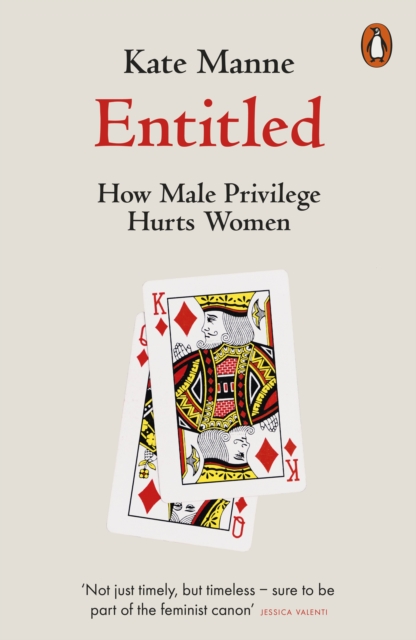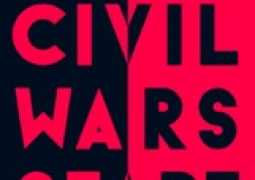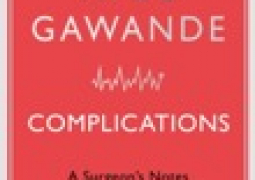
Reviewed by Nesrine Malik
This book doesn’t let up. What starts as a series of anecdotes about male privilege and how it motivates men to act in violent ways develops into a narrative about the corrosive effects of entitlement. Kate Manne, dubbed “the philosopher of #MeToo”, focuses particularly on the entitlement of men to goods provided by women. Misogyny is how women are policed and made to observe limitations, “a bit like the shock collar worn by a dog to keep them behind one of those invisible fences that proliferate in suburbia”.
Men demand from women that they give, among other things, consent, admiration, sex, bodily control and domestic labour. Each chapter describes how an entitlement works, with supporting examples. In the chapter “Involuntary – On the Entitlement to Admiration”, Manne cites incidents of self-described “incels” murdering women who have spurned them, or who they imagine have done so. What should feel like familiar territory, the retributive violence wreaked on women for rejecting men, is covered in an entirely new and illuminating way that frames such violence as a product of masculine hierarchy. Manne draws connections and expands her analysis beyond male/female power dynamics, making a strong case that these power dynamics are not about sex or women per se, but intersect frequently with racism.
With perspicacity and clear, jargon-free language, Manne keeps elevating the discussion to show how male privilege isn’t just about securing and hoarding spoils from women, but an entire moral framework. She rejects the notion that on one level men see women as inhuman, simply robotic or two-dimensional providers. Women do have volition and the capacity to choose for themselves, but it is when those choices do not align with what men want that things become difficult.
Manne explains how women of colour, trans women and other women made vulnerable by class or sexual orientation are subjected to the compounded effects of male entitlement. In the chapter “Incompetent – On the Entitlement to Medical Care”, a series of mishaps that result from medical practitioners in the US not taking women seriously makes for stomach-churning reading. Stories of black women losing fallopian tubes and babies because their pain was dismissed show our expectation of women as care providers, not care receivers. At every point, whether it was in the blood curdling recognition of the black woman being sent home with an aspirin as a foetus tore through her insides, or the comical identification with the writer being lectured to by a man about her own book, I felt Manne explaining to me, gently but relentlessly, that the state of being a woman is simply to provide and provide.
Perhaps the most revealing section deals with how women are shaped by this constant extension of themselves. The coronavirus lockdown has exposed the vast difference between the work men do at home and the amount of work they think they do. And women, so accustomed to defining themselves in terms of how well they care and provide for others, struggle to demand help.
But we cannot despair. The rage and sadness of the book is lifted by Manne’s final chapter in which she addresses her unborn daughter, wishing for her all the things she should feel entitled to – bodily autonomy, to speak her mind, to make mistakes. “It will be a ‘long interminable fight’,” Manne says of what lies ahead of her daughter, “but for her, I can say: I am in it.” For Manne’s daughter and many others, this book will make that fight a little bit easier.
Available at Timbooktoo tel 4494345





